However, the above figures are considered not to reflect the true scale of the Covid-19 pandemic and its impact. Of these, Vietnam has reported a total of 11.6 million confirmed cases and more than 43,000 deaths.
Need to ensure enough vaccines for high-risk groups
Regarding the epidemic trend and the risk of cases entering Vietnam from abroad, speaking with Thanh Nien reporter , Dr. Angela Pratt, WHO Representative in Vietnam, said that while the Covid-19 virus is still circulating, we can see cases or clusters of cases, hospitalizations and deaths in different countries.
“For these reasons, WHO recommends that countries maintain surveillance for respiratory diseases including COVID-19 and monitor the impact of COVID-19 on public health and health care systems. It is important to maintain early warning, surveillance and reporting; identify and track variants; provide early clinical care; ensure adequate vaccine availability for high-risk groups; improve ventilation; communicate regularly with the public; and share data promptly and transparently with WHO to support global public health efforts,” said Dr. Angela Pratt.
WHO recommends countries continue to provide Covid-19 vaccines to high-risk groups
PHOTO: DAU TIEN DAT
The WHO representative emphasized that everyone can protect themselves, their loved ones and vulnerable people in the community from Covid-19 and other respiratory diseases by following the vaccination recommendations of health officials , staying home and avoiding contact with others when having symptoms such as cough, increasing ventilation in the home by opening windows, wearing masks in crowded and poorly ventilated places, practicing hygiene by washing hands regularly and covering mouth and nose when coughing or sneezing.
SARS-CoV-2, the virus that causes Covid-19, continues to circulate globally throughout the year. It can cause illness ranging from no symptoms to mild, moderate, or severe illness, including death. The risk of severe illness is highest in older adults and people with underlying health conditions. Some countries in the Northern Hemisphere are now reporting more cases.
WHO assesses that in 2025, the impact of Covid-19 on life may be less than in previous years, but it continues to spread widely in all parts of the world and poses significant risks to public health.
The mutation of SARS-CoV-2
All viruses, including SARS-CoV-2, mutate and evolve over time. Most of these changes have little or no effect on the characteristics of the virus. But sometimes, mutations can significantly impact factors such as the virus’s ability to spread, the severity of illness, and the effectiveness of vaccines, treatments, testing, or other public health measures, according to Dr. Angela Pratt.
Since January 2022, Omicron — the variant eventually identified as a “variant of concern” — has diversified significantly, with variants from the same lineage giving rise to most of the variants currently circulating. These variants transmit more easily but appear to cause less severe disease than earlier variants.
To reduce the risk of severe disease and death, and to reduce the burden on health systems, especially alongside other endemic diseases, WHO recommends that countries continue to provide Covid-19 vaccines to high- and moderate-risk groups without disrupting other vaccination programmes.
SARS-CoV-2 is spread mainly through close contact with an infected person through droplets of saliva when the infected person coughs, sneezes, speaks, sings, breathes, etc. The virus spreads more easily in poorly ventilated and/or crowded enclosed spaces, and can also be transmitted when a person touches their eyes, nose, or mouth after touching a surface or object contaminated with droplets containing the virus.
Source: https://thanhnien.vn/truoc-lan-song-covid-19-o-chau-a-khuyen-nghi-cua-who-tai-viet-nam-185250517205434312.htm


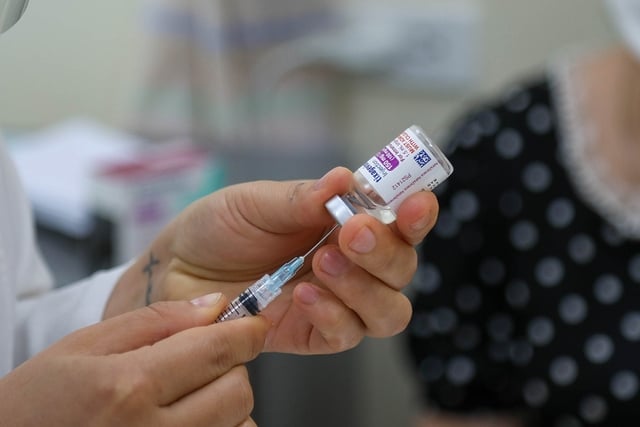

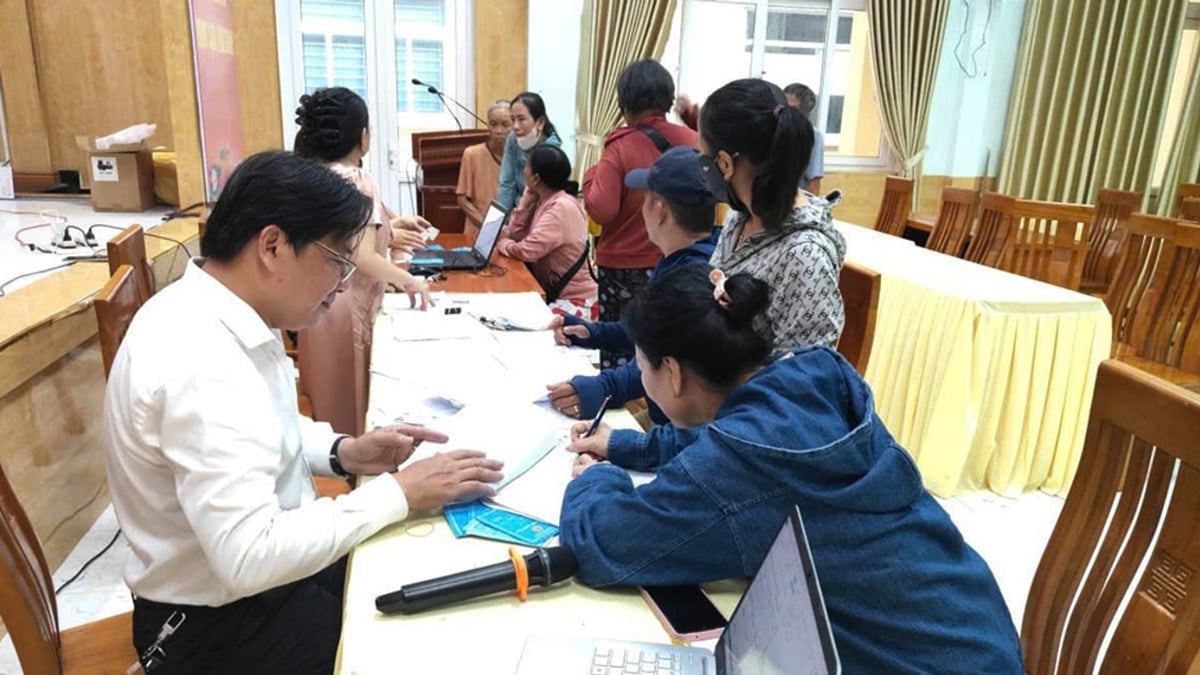

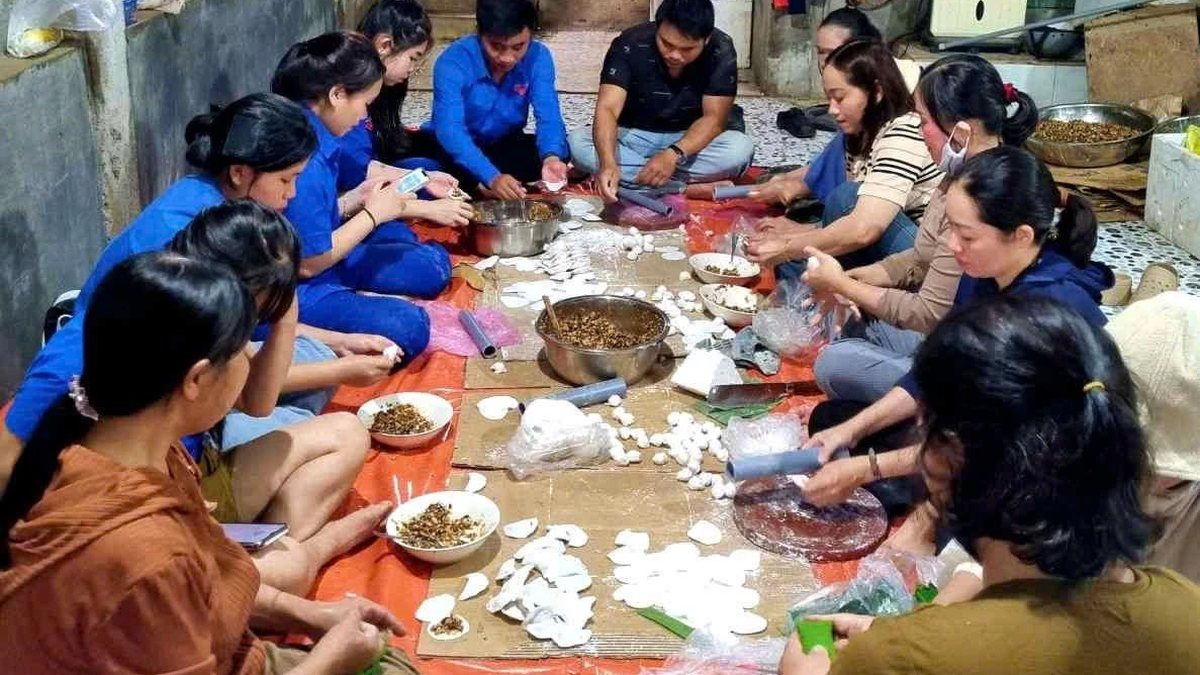




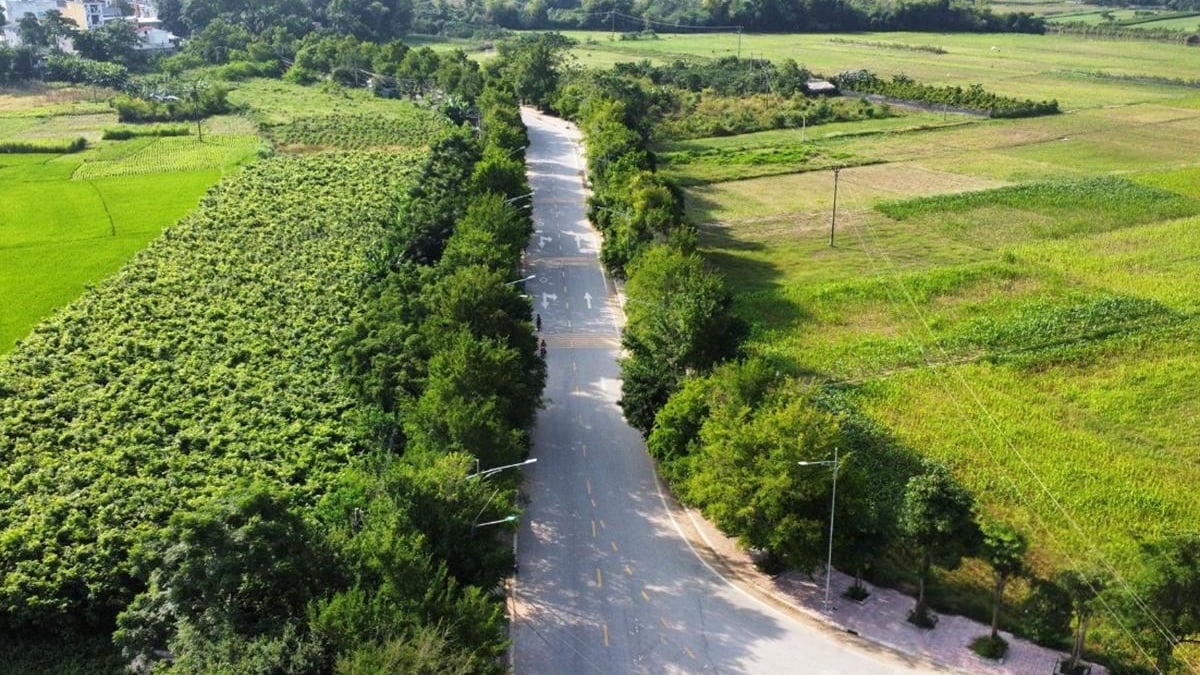











![[Photo] Firmly marching under the military flag: Ready for the big festival](https://vphoto.vietnam.vn/thumb/1200x675/vietnam/resource/IMAGE/2025/8/15/86df2fb3199343e0b16b178d53f841ec)
![[Photo] Prime Minister Pham Minh Chinh attends a special art program called "Hanoi - From the historic autumn of 1945"](https://vphoto.vietnam.vn/thumb/1200x675/vietnam/resource/IMAGE/2025/8/15/c1c42655275c40d1be461fee0fd132f3)

![[Photo] Prime Minister Pham Minh Chinh talks on the phone with Cambodian Prime Minister Hun Manet](https://vphoto.vietnam.vn/thumb/1200x675/vietnam/resource/IMAGE/2025/8/15/72d3838db8154bafabdadc0a5165677f)

![[Photo] The special solidarity relationship between Vietnam and Cuba](https://vphoto.vietnam.vn/thumb/1200x675/vietnam/resource/IMAGE/2025/8/15/5f06c789ab1647c384ccb78b222ad18e)

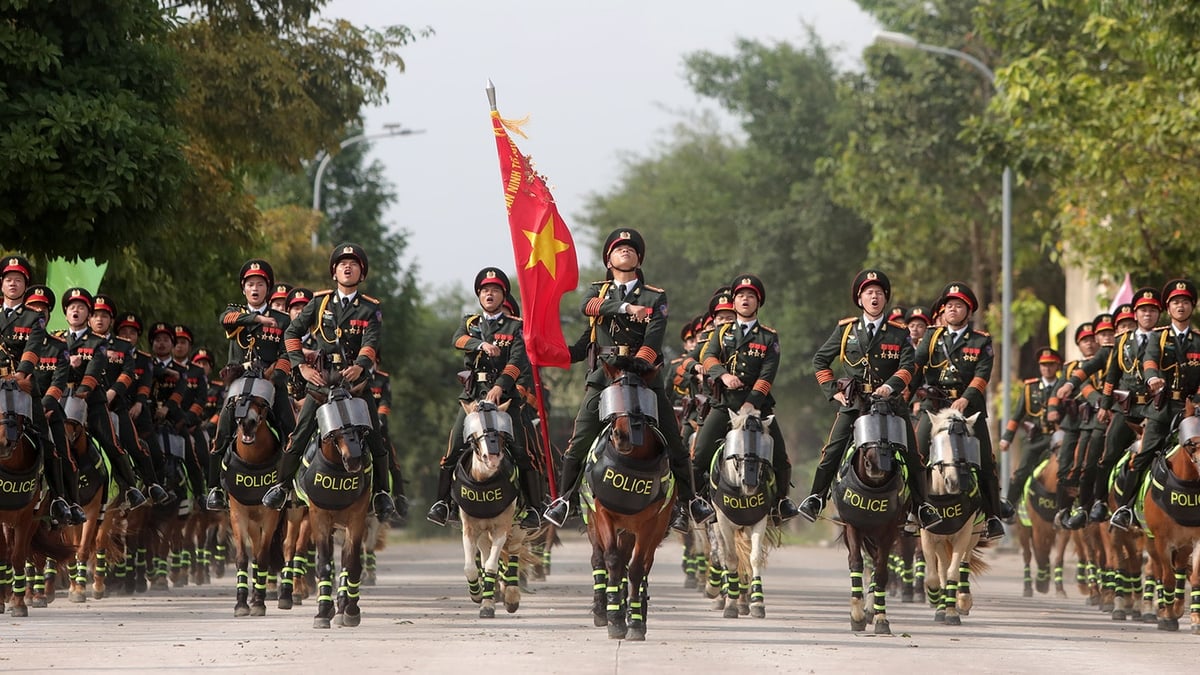
![[Photo] Binh Khanh Bridge Ho Chi Minh City is ready to reach the finish line](https://vphoto.vietnam.vn/thumb/1200x675/vietnam/resource/IMAGE/2025/8/14/b0dcfb8ba9374bd9bc29f26e6814cee2)




































![[Photo] President Luong Cuong receives Finnish Ambassador to Vietnam Keijo Norvanto](https://vphoto.vietnam.vn/thumb/402x226/vietnam/resource/IMAGE/2025/8/15/9787f940853c45d39e9d26b6d6827710)
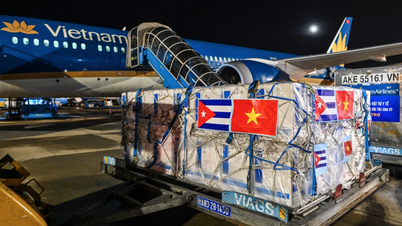
































Comment (0)